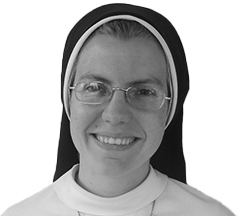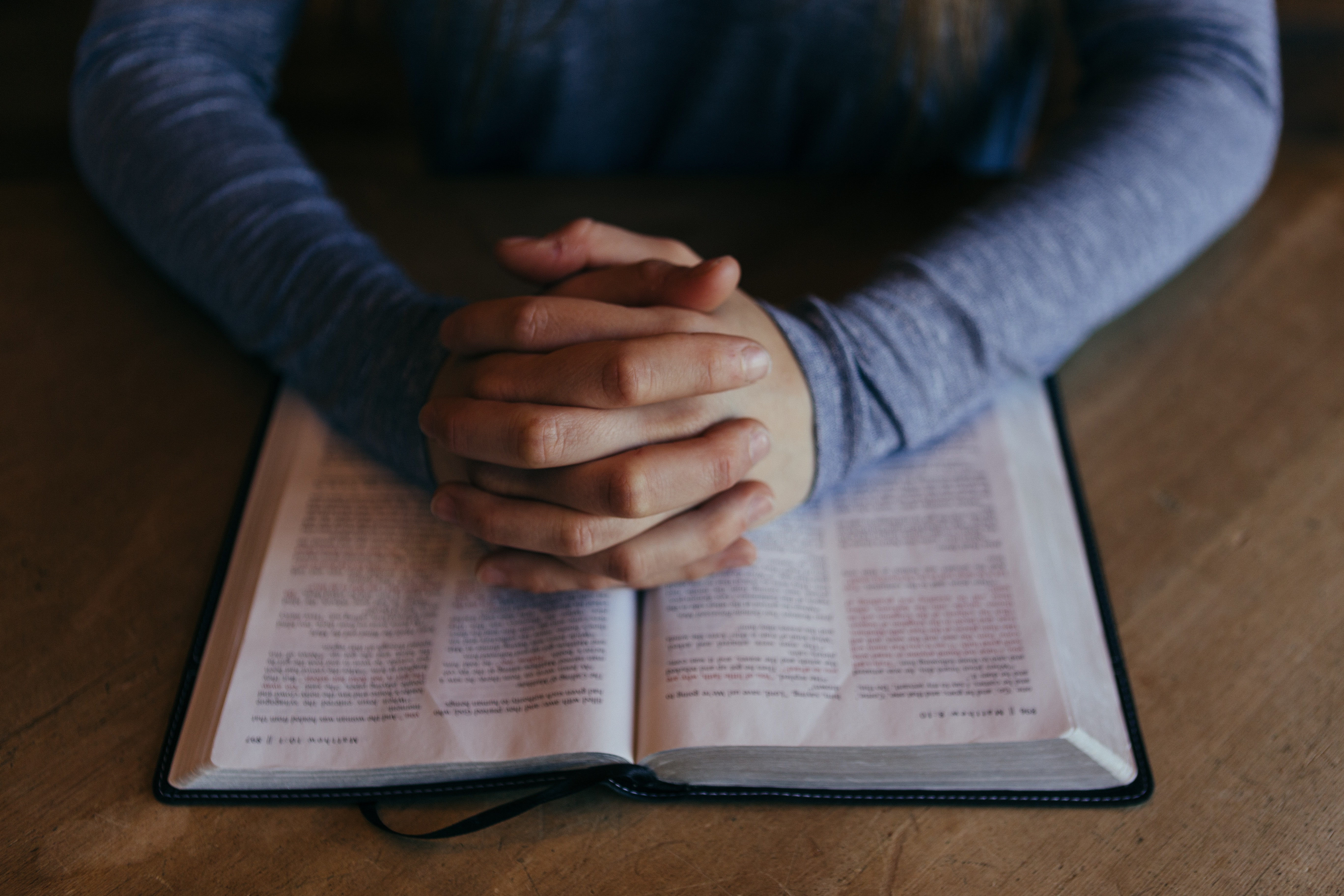In the monastery in Bologna that houses the tomb of St. Dominic, the Dominican friars purposefully modeled the library after the same external structure as the chapel. Thus, every friar who has studied in this library over the past 800 years has been reminded that his study is meant to be a prayer and to lead him ultimately to the Lord Himself.
In fact, at the location where the tabernacle would be in the basilica, in the library there is an image of St. Thomas Aquinas’ vision of Christ near the end of his life. Asked by the Lord what he desired since he had written so well of Him, Thomas responded, “Nothing but Thyself, O Lord.” For the Dominican, prayer and study are intertwined in this relationship with the Lord Himself. Contemplation of the Lord’s truths in study leads to contemplation of Him in prayer, and prayerful contemplation in turn leads one to desire to know more the One loved, thus leading back to study. Both study and prayer have the goal of the uniting us, in contemplation and intimate conversation, with the Beloved Lord.
But integral as study is to the life of Dominicans, it should also be an essential part of the life of any Catholic. How often we might be tempted to think we know our faith. And yet God is infinite; we finite creatures can never fathom the depths of God! There will always be more for us to come to know, more for us to learn about Him, more growth in understanding Him and His ways — throughout all eternity!
All areas of study — and not just those related to religion — have the potential to lead us to God, because He is the author of all truth and creator of all that is. Therefore, “secular” studies can also lead us to contemplate the mystery of God. Studying biology, for example, can lead us to marvel at the imprint of God’s beauty and creativity in His creatures. The study of literature or works of poetry can lead us to reflect on our human condition and our ultimate desire for happiness. We can see God’s providence at work when we study the events of human history. The arts can lead us to perceive the grandeur and beauty of God.
But theology — the study of God Himself — will always retain a certain primacy of place. And this is true for all Christians — whether or not they ever study it in a formal setting. The study of God and of the truths of the faith is not the unique privilege of professors or theology students in universities, nor is it the responsibility solely of priests and religious. Every one of us has the opportunity to satiate our thirst for the living God and His truth by coming to know Him more and more through study.
For example, one could choose to study the Bible or to read the Catechism of the Catholic Church. The encyclicals of the popes are often excellent sources for learning more about not only what the Church teaches, but also why she teaches it. Whatever avenues we choose to study the faith, may our study of God’s truths lead us to contemplation of Him in prayer now and in glory for all eternity, as we like St. Thomas seek, “Nothing but Thyself, O Lord.”
Sr. Mary Martha Becnel is a member of the Ann Arbor-based Dominican Sisters of Mary, Mother of the Eucharist.










